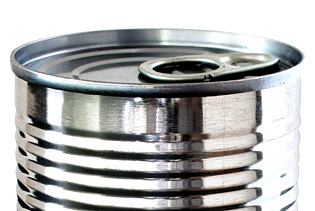March 11, 2015

FDAImports.com reports that without warning, FDA has begunapplying low-acid or acidified canned food regulations to processors ofpredominantly high-acid foods which also contain a small amount of low-acidingredients. Benjamin L. England, Esq., founder of FDAImports.com, discoveredrecently that FDA has been detaining shipments of certain naturally high-acidfoods (tomato-based salsas, and hot sauces, for instance) simply because theycontain a small amount of one low-acid food as a flavoring ingredient. Themanufacturers may not have been prepared for this step, since FDA did notnotify them in advance.
Normally, highly acidic canned foods (those with a pH of 4.6or lower) are not subject to extra FDA canned food regulations because thehigh-acid foods cannot harbor detrimental bacteria, such as Salmonella and C.botulinum (which causes botulism).
One option for processors of naturally less-acidic cannedfoods is to "acidify" them by adding an acidifying agent such asvinegar or citric acid, making them an "acidified canned food." Suchcanned foods are subject to FDA's "Low-Acid Canned Foods" (LACF) or"Acidified Canned Food" (ACF) regulations. Manufacturers andimporters of LACFs and ACFs are aware of these FDA regulations, requiring theprocessors to register their facilities and file Scheduled Processes with FDAto demonstrate these foods are safe for public consumption.
The recent FDA shift is occurring in practice, but notregulation. "It's a case of typical FDA over-reaction," England said."There was a Salmonella outbreak last year in some peppers, so now FDA isstopping imported salsas and hot sauces containing natural garlic, or Jalapenoor Serrano pepper flavorings as though they are low-acid or acidifiedfoods." Reportedly, the peppers connected to the outbreak had been grownin Mexico and repackaged in Texas.
Processors of naturally high-acid finished canned foods thatcontain garlic, peppers, and other low-acid fruits and vegetables, along withimporters of such foods, should be prepared to show FDA that they are incompliance with the regulations that apply to low-acid or acidified foods.
SOURCE: FDAImports.com
About the Author(s)
You May Also Like


